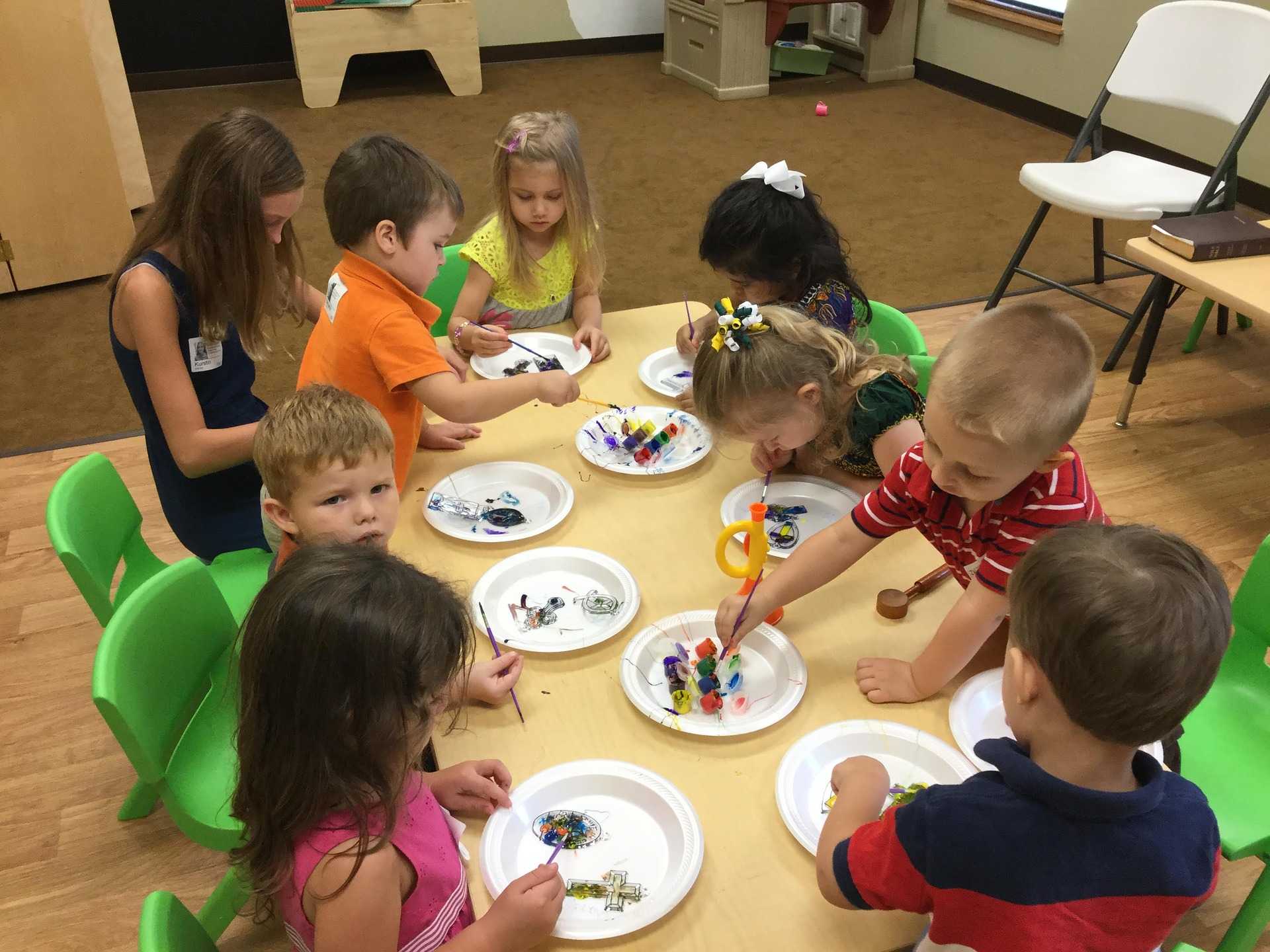What’s so great about art? I’m sure that plenty of people wonder this, especially when it seems to serve no practical purpose. After all, it’s not like painting a picture helps us find a cure for cancer. A musical doesn’t help us to discover new methods of growing food. A song doesn’t help us build a building—unless, of course, the lyrics tell you exactly how to do that. This is a mindset that seems to be becoming more prevalent in our society as various art programs are placed as a low priority on many budgets in favor of STEM fields or sports teams.
However, what if we’re missing something? What if art holds an importance not easily noticed? See, art gives us some things that we may not think about as readily since they don’t always mesh with the idea of practicality.
One importance is emotion. Art is always associated with emotion of some sort. After all, one of our first tendencies when experiencing art, whether literature, music, paintings, etc., is to ask “What does it mean?” What the audience isn’t actually saying, but is subconsciously thinking, is “What was the author feeling, and am I supposed to feel it too?” After all, if the author means for their song to express outrage at the misogynic qualities of their society, then their song has a meaning that the audience is supposed to be understanding and expressing an emotion about as well. While I could go into a bunch of literary theory about whether that’s an accurate concept of viewing art, which I’m not going to do, many people do see the idea of experiencing art like this.
By understanding and expressing an emotion in response to experiencing art, we build a capacity for empathy and emotion. The first allows us to better communicate with others, despite greatly differing circumstances. This builds teamwork, which allows us to create ideas and work toward goals more effectively, a practical result. The second allows us to express our own emotions more effectively as we have more experience doing so. Again, this allows for better communication and understanding, thus building teamwork. It also keeps us from bottling up our emotions because we don’t know how to express them. This leads to a healthier mindset.
Another gift of art is the ability to stretch our creative brains. When we experience art, it can inspire us to try new things, or to look at an old idea from a new angle. Experimenting with creating your own artworks, no matter the medium, can make for a great creative release. For example, if you design structures, maybe sculpting might give you an idea that other activities might not have. Of course it doesn’t have to be associated with your field at all to inspire creative ideas. I sketch in my free time, which doesn’t seem similar to writing and literature, but it allows me to get images that I want to write or that I’ve read about down on paper in a very visual way, and allows me to think about it differently.
Now, these aren’t the only things that art can do for us, but just naming the expression of empathy and emotion and the flexing of the creative brain as examples exhibits the importance of art in our lives. Art doesn’t deserve to be overshadowed simply because on the surface it seems less practical. Rather, it should be treasured because it isn’t straightforward and obvious in its necessity—just like many other things in life.


